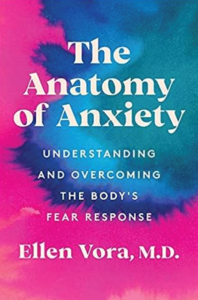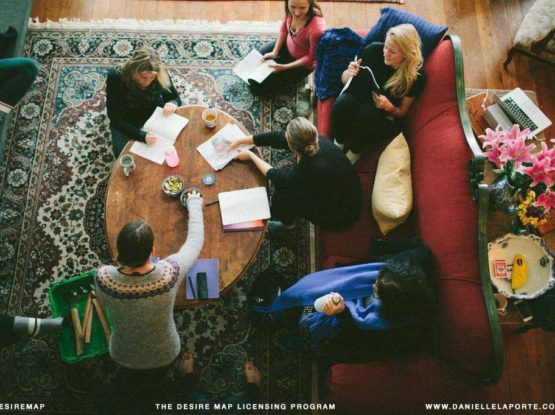By Penny Lucas
Ever wonder why after a few drinks you wake at 3am and start cataloguing every cringey moment you’ve had in your life? Torturing yourself with memories of things you wish you’d never said and moments of embarrassment? You might feel agitated and overheated as you toss and turn unable to settle and fall back to sleep.
Initially drinking alcohol can feel like it quells anxiety. That’s because for a short while alcohol does help us to feel good. Unfortunately, the story with alcohol doesn’t end there.
The Anatomy of Anxiety
 Here’s an explanation from Dr Ellen Vora, author of ‘The Anatomy of Anxiety’ on what happens in the brain after drinking a few of our favourite tipples:
Here’s an explanation from Dr Ellen Vora, author of ‘The Anatomy of Anxiety’ on what happens in the brain after drinking a few of our favourite tipples:
- Like benzodiazepine medication, alcohol modulates the activity of the neurotransmitter GABA in our brains.
- When we drink, the alcohol acts on GABA receptors, feeling like a rush of GABA in our synapses which feels good and pleasurable.
- We can feel more relaxed and at ease for a short while, but that’s not where it stops.
- After a few glasses of wine, the relaxed body realised that if we were all of a sudden to be attacked by a large animal we’re too tipsy to care.
- The body wants us to survive so the brain starts to restore homeostasis by reabsorbing GABA and converting it into glutamate, an excitatory neurotransmitter.
- The resulting feeling is, you guessed it, anxiety!
This process means that while alcohol chills us out initially it can leave us feeling more anxious than before and explains the 3am anxiety sweats after a few drinks the night before.
Drink Less or Stop
So, does this mean we need to jump on the wagon and never drink again? I know some people that have chosen to stop drinking alcohol as they made the connection between drinking and their experience of anxiety.
But perhaps for some of us it’s simply understanding why we experience heightened anxiety after drinking alcohol. Choose to drink less in one sitting or less often or even avoid alcohol when we are already experiencing more anxiety than usual.
Like much of our work in understanding our own nervous systems and responses it’s useful to know how what we consume impacts our biology and mental health so we can make informed and wise choices.
If you would like to learn more about your nervous system and healthy ways to manage anxiety we are here to help. Counselling offers non-judgemental listening, tools and strategies to help people understand themselves and feel better.
Book a Discovery Call to find out more
 Written by Penny Lucas
Written by Penny Lucas
Penny works with people experiencing overwhelm, stress, burnout, grief, anxiety and relationship difficulties. She is also experienced in working with the impact of trauma, and brings a steady and calm energy to client meetings.
Click here to learn more about Penny.



